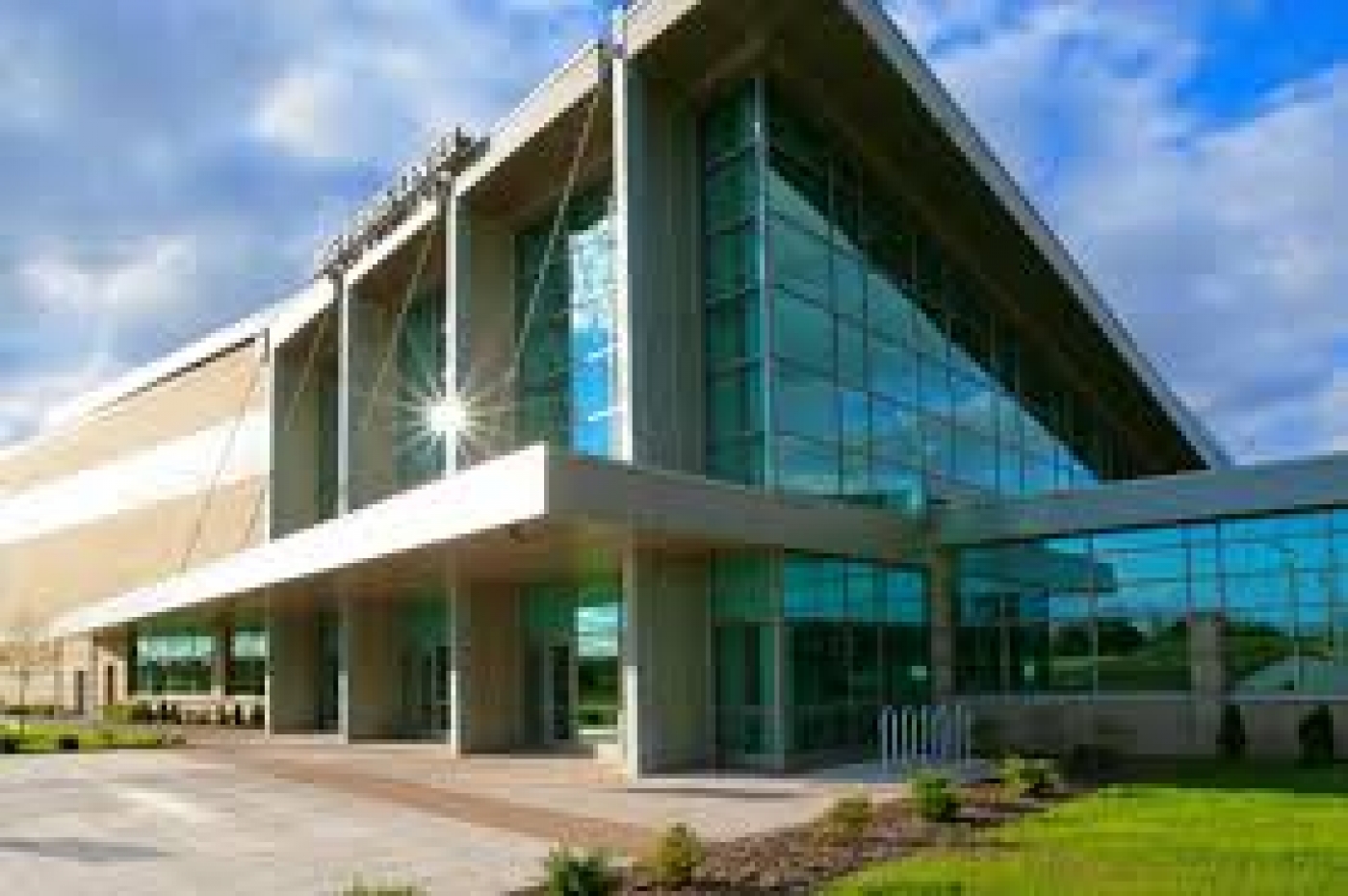
Home > Study in USA > Shorelight Group - University of Wisconsin-Green Bay > Bachelor of Science in Biology (STEM)
Bachelor of Science in Biology (STEM)
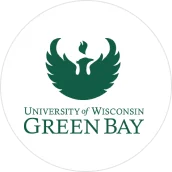 Shorelight Group - University of Wisconsin-Green Bay, USA
Shorelight Group - University of Wisconsin-Green Bay, USA

USD 17288
Annual Tuition Fee

Free
Application Fee

48 months
Duration

6
IELTS

71
TOEFL

65%
Min GPA
Program Overview
Biology is one of UW-Green Bay's most popular academic programs. The curriculum explores living systems from subcellular organelles to ecosystems. Biology majors can customize their academic plans to emphasize cell and molecular biology, animal biology, or ecology and conservation science. These tracks prepare students for a wide variety of interdisciplinary careers in resource management, fisheries and wildlife biology, health sciences, genetics, microbiology, science communications (technical writing, journalism, and nature interpretation), and many other fields. About 40 percent of Biology graduates pursue advanced degrees in graduate or professional schools in medicine, dentistry, veterinary science, biological sciences, wildlife biology, or ecology and conservation biology. Students at UW-Green Bay also can combine a Biology degree with a program in primary or secondary school education.
Graduates of UW-Green Bay's Biology program are employed today in government agencies (U.S. Environmental Protection Agency, Food and Drug Administration, Fish and Wildlife Service, Forest Service, Bureau of Land Management, Department of Agriculture, Wisconsin Department of Natural Resources, local government agencies); hospitals and clinics, including veterinary hospitals and zoos; private corporations (pharmaceuticals, food processing, agriculture, etc.); environmental consulting firms; conservation organizations; and educational institutions ranging from elementary schools to universities.
Biology majors often combine their studies with a minor. Human Biology is commonly chosen as a minor by Biology majors with interests in pre-medicine, health sciences or exercise science. Students interested in ecology, biodiversity conservation, and management of biological resources such as wildlife, forests, and fisheries, typically combine a minor in Environmental Science. Other popular subjects for Biology majors include Business Administration and Environmental Policy and Planning.
Students who prefer a Biology minor (rather than a major) often choose majors in Environmental Science or Human Biology. Students who desire to become science teachers often combine the Biology major with the professional program in Education. Information about teacher certification requirements can be found at the UW-Green Bay Education Office.
UW-Green Bay's Biology program provides outstanding opportunities for students to gain practical experience. Many undergraduates work with faculty on field or laboratory research projects. Internships are widely available with private industry, public agencies, and non-profit organizations. These hands-on experiences are critical for developing a competitive resume for the job market or admission to graduate and professional schools.
The Biology program has well-equipped laboratories for coursework and faculty-guided research. In cellular and molecular biology laboratories, students become familiar with techniques of tissue culture, in situ hybridization, affinity chromatography, agarose and polyacrylamide gel, electrophoresis, polymerase chain reaction, and the use of monoclonal antibodies. In physiology laboratories, students learn techniques to study physiological functions. Teaching and research facilities available to ecology and conservation biology students include the Cofrin Center for Biodiversity, the 290-acre Cofrin Memorial Arboretum surrounding the UW-Green Bay campus, four off-campus natural areas managed by the University, the Richter Natural History Museum, small animal laboratory, the Gary A. Fewless Herbarium, a greenhouse, and state-of-the-art computer labs. Advanced undergraduates are able to participate in research projects on Great Lakes ecosystems, northern forests, agroecosystems, rivers, lakes, wetlands, and even tropical forests and mangroves.
Students in the Biology major develop basic skills such as statistical design and analysis, laboratory proficiency, and familiarity with major taxonomic groupings of plants, animals, and microorganisms. Many high paying occupations today require a college-educated individual who can write and speak well, solve problems using a scientific approach, learn new information quickly, and work well with others on a team. UW-Green Bay's Biology students acquire and apply these skills with excellence.
Biology Student Learning Outcomes
Students in the Biology Program will:
- Describe the organization and diversity of life at levels of complexity from subcellular to ecosystem.
- Demonstrate an understanding of genetic information, hereditary processes, and their relevance to evolutionary change as a product of mutation and natural selection
- Explain the important processes and pathways that sustain living organisms including functional systems for exchange of energy and matter
- Solve problems by applying a scientific process of inquiry, including the effective use of appropriate techniques, instrumentation, and data analysis
- Identify and interpret findings of scientists and communicate results of scientific work to others in the scientific community and the general public
Additional Information
Program Level 4-Year Bachelor's Degree
College/University Processing Time 30 Days
Program Format Full-Time
Optional Practical Training (OPT) 
General Admission Requirement
Academic Requirement
-
Minimum Level of Education Required: To be accepted into this program, applicants must have Grade 12 / High School Diploma.
Similar Programs


Westcliff University - Irvine Campus
Intake Jan 2026
Mar 2025, May 2025, Jun 2025, Sep 2025, Oct 2025

Application Fee

Duration
Test Score
5.5
IELTS
60
TOEFL
60
Min GPA


Westcliff University - Irvine Campus
Intake
Sep 2025, Mar 2025, May 2025, Jun 2025, Oct 2025

Application Fee

Duration
Test Score
5.5
IELTS
60
TOEFL
60
Min GPA


Westcliff University - Irvine Campus
Intake Jan 2026
Mar 2025, May 2025, Jun 2025, Sep 2025, Oct 2025

Application Fee

Duration
Test Score
5.5
IELTS
60
TOEFL
60
Min GPA


Westcliff University - Irvine Campus
Intake Jan 2026
Sep 2025, Mar 2025, May 2025, Jun 2025, Oct 2025

Application Fee

Duration
Test Score
5.5
IELTS
60
TOEFL
60
Min GPA


Westcliff University - Irvine Campus
Intake Jan 2026
Sep 2025, Mar 2025, May 2025, Jun 2025, Oct 2025

Application Fee

Duration
Test Score
5.5
IELTS
60
TOEFL
60
Min GPA


Westcliff University - Irvine Campus
Intake Jan 2026
Sep 2025, Mar 2025, May 2025, Jun 2025, Oct 2025

Application Fee

Duration
Test Score
5.5
IELTS
60
TOEFL
60
Min GPA


Westcliff University - Irvine Campus
Intake Jan 2026
Sep 2025, Mar 2025, May 2025, Jun 2025, Oct 2025

Application Fee

Duration
Test Score
5.5
IELTS
60
TOEFL
60
Min GPA


Westcliff University - Irvine Campus
Intake Jan 2026
Sep 2025, Mar 2025, May 2025, Jun 2025, Oct 2025

Application Fee

Duration
Test Score
5.5
IELTS
60
TOEFL
60
Min GPA


Westcliff University - Irvine Campus
Intake Jan 2026
Mar 2025, May 2025, Jun 2025, Sep 2025, Oct 2025

Application Fee

Duration
Test Score
5.5
IELTS
60
TOEFL
60
Min GPA


Westcliff University - Irvine Campus
Intake Jan 2026
Mar 2025, May 2025, Jun 2025, Sep 2025, Oct 2025

Application Fee

Duration
Test Score
5.5
IELTS
60
TOEFL
60
Min GPA


Westcliff University - Irvine Campus
Intake Jan 2026
Mar 2025, May 2025, Jun 2025, Sep 2025, Oct 2025

Application Fee

Duration
Test Score
5.5
IELTS
60
TOEFL
60
Min GPA


Westcliff University - Irvine Campus
Intake Jan 2026
Mar 2025, May 2025, Jun 2025, Sep 2025, Oct 2025

Application Fee

Duration
Test Score
5.5
IELTS
60
TOEFL
60
Min GPA


Westcliff University - Irvine Campus
Intake Jan 2026
Mar 2025, May 2025, Jun 2025, Sep 2025, Oct 2025

Application Fee

Duration
Test Score
5.5
IELTS
60
TOEFL
60
Min GPA


Westcliff University - Irvine Campus
Intake Jan 2026
Mar 2025, May 2025, Jun 2025, Sep 2025, Oct 2025

Application Fee

Duration
Test Score
5.5
IELTS
60
TOEFL
60
Min GPA


Westcliff University - Irvine Campus
Intake Jan 2026
Mar 2025, May 2025, Jun 2025, Sep 2025, Oct 2025

Application Fee

Duration
Test Score
5.5
IELTS
60
TOEFL
60
Min GPA


Westcliff University - Irvine Campus
Intake Jan 2026
Mar 2025, May 2025, Jun 2025, Sep 2025, Oct 2025

Application Fee

Duration
Test Score
5.5
IELTS
60
TOEFL
60
Min GPA


Westcliff University - Irvine Campus
Intake Jan 2026
Mar 2025, May 2025, Jun 2025, Sep 2025, Oct 2025

Application Fee

Duration
Test Score
5.5
IELTS
60
TOEFL
60
Min GPA


Westcliff University - Irvine Campus
Intake Jan 2026
Mar 2025, May 2025, Jun 2025, Sep 2025, Oct 2025

Application Fee

Duration
Test Score
5.5
IELTS
60
TOEFL
60
Min GPA


Westcliff University - Irvine Campus
Intake Jan 2026
Mar 2025, May 2025, Jun 2025, Sep 2025, Oct 2025

Application Fee

Duration
Test Score
5.5
IELTS
60
TOEFL
60
Min GPA


Westcliff University - Irvine Campus
Intake Jan 2026
Mar 2025, May 2025, Jun 2025, Sep 2025, Oct 2025

Application Fee

Duration
Test Score
5.5
IELTS
60
TOEFL
60
Min GPA
Tuition Fee
The values given below are estimated figures, excluding extra charges like material fee, student activity fees, athletic fees, health care, etc., for courses. To know more, please visit the Programs page.
Average Tuition Fee Per Year
17288
Tuition Fee
(USD)
Free
Application Fee
(USD)
5737 Per year
Average Cost of Living
(USD)
The living costs include the total expenses per month, covering accommodation, public transportation, utilities (electricity, internet), books and groceries.
Check program website for more information about funding options.
Scholarships
| Type of Scholarship | Scholarship Information | Amount/ Range |
| No Scholarships offerred to International Students Please note that this is a Member University if student wants to enquire about the available scholarship they need to directly connect with the university/Department |
||
Not sure what you are looking for?
Don’t worry, we are here to help.
Popular Universities to Study Abroad
World class education waiting for you.
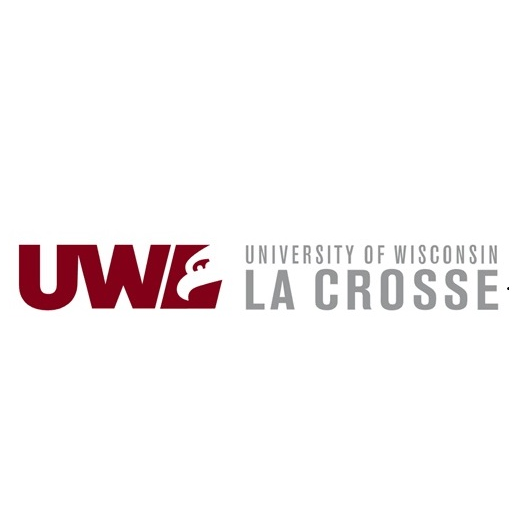
Wisconsin, USA • 142 Programmes
Tuition Fee : USD 19000 - 20000 / year
.png)
Wisconsin, USA • 52 Programmes
Tuition Fee : USD 39000 - 40000 / year
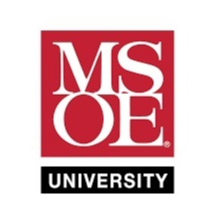
Wisconsin, USA • 30 Programmes
Tuition Fee : USD 48000 - 48240 / year
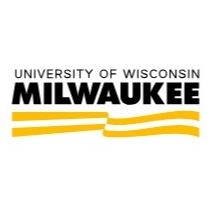
Wisconsin, USA • 238 Programmes
Tuition Fee : USD 21700 - 30000 / year
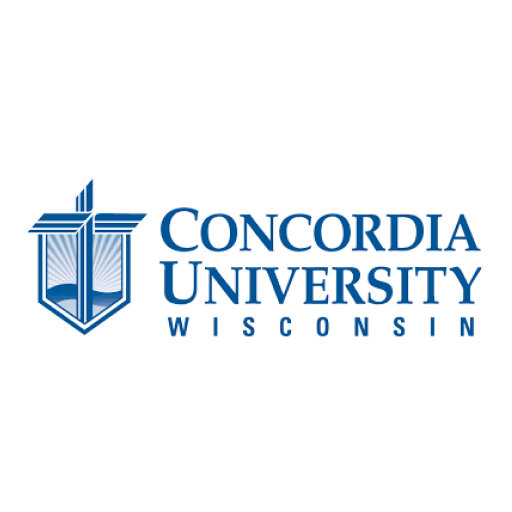
Wisconsin, USA • 119 Programmes
Tuition Fee : USD 31500 - 31500 / year
Top Places To Study In Canada
Province wise Popular university and colleges for Studying abroad.
- Universities in Alabama
- Universities in Alaska
- Universities in Arizona
- Universities in Arkansas
- Universities in California
- Universities in Colorado
- Universities in Connecticut
- Universities in Delaware
- Universities in District of Columbia
- Universities in Florida
- Universities in Georgia
- Universities in Guyana
- Universities in Hawaii
- Universities in Illinois
- Universities in Indiana
- Universities in Iowa
- Universities in Kansas
- Universities in Kentucky
- Universities in Louisiana
- Universities in Maine
- Universities in Maryland
- Universities in Massachusetts
- Universities in Michigan
- Universities in Minnesota
- Universities in Mississippi
- Universities in Missouri
- Universities in Montana
- Universities in Nebraska
- Universities in Nevada
- Universities in New Hampshire
- Universities in New Jersey
- Universities in New York
- Universities in North Carolina
- Universities in Ohio
- Universities in Oklahoma
- Universities in Oregon
- Universities in Other Any where
- Universities in Pennsylvania
- Universities in Rhode Island
- Universities in South Carolina
- Universities in South Dakota
- Universities in Tennessee
- Universities in Texas
- Universities in Utah
- Universities in Vermont
- Universities in Virginia
- Universities in Washington
- Universities in West Virginia
- Universities in Wisconsin
- Universities in Wyoming
Popular English Language Proficiency Exams
Blogs and Articles
Study in USA Blogs & Articles
Updated on • Jul 17,2025 05:33 PM IST • USA
Top 10 Agricultural Universities in USA
Updated on • Jun 27,2025 05:25 PM IST • USA
How Much Do Nurses Make in the U.S.?
Updated on • Jun 23,2025 03:59 PM IST • USA
Updated on • May 15,2025 05:23 PM IST • USA
Master's in Computer Science in the USA
Updated on • Apr 08,2025 05:59 PM IST • USA
Updated on • Mar 11,2025 01:18 PM IST • USA
Updated on • May 22,2025 04:20 PM IST • USA
Updated on • Jan 21,2025 05:46 PM IST • USA
Updated on • Jan 16,2025 03:32 PM IST • USA
Updated on • Dec 31,2024 12:39 PM IST • USA
Exams Required to Study in USA
Updated on • Dec 31,2024 12:44 PM IST • USA
Masters in Project Management in USA
Updated on • Nov 26,2024 01:15 PM IST • USA
Updated on • Nov 25,2024 03:33 PM IST • USA
How to Get a Job in USA in 2025
Updated on • May 20,2025 05:20 PM IST • USA
Updated on • Jul 12,2024 05:59 PM IST • USA
Cost of Living in USA for Indian Students
Updated on • Jun 07,2024 05:57 PM IST • USA
Updated on • Jul 12,2025 04:02 PM IST • USA
1 Year Master of Science (MS) in USA
Updated on • May 30,2024 05:51 PM IST • USA
How to Get a Job in USA as an Indian Student?
Updated on • May 28,2024 01:22 PM IST • USA
Top MBA Programs in USA in 2024
Updated on • May 23,2024 05:56 PM IST • USA









